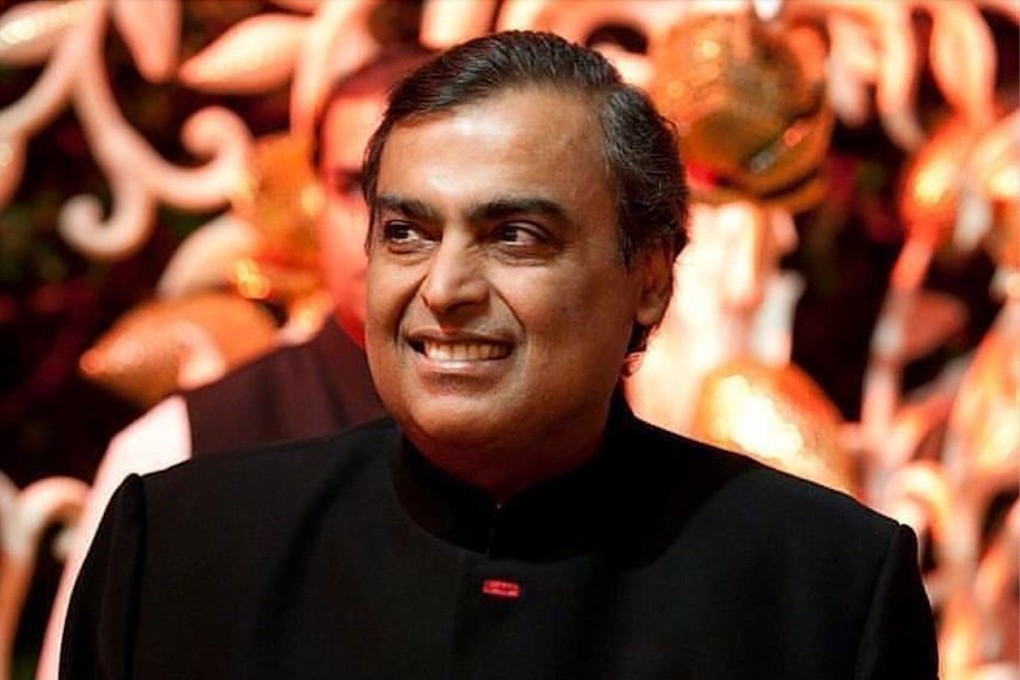Advertisement
Mukesh Ambani’s stake in New York’s Mandarin Oriental makes him the latest Indian tycoon to invest in overseas hotels
- Asia’s second richest man has joined a growing list of Indian hoteliers like the Oberois and Tatas snapping up stakes in the global hospitality sector
- Analysts say the ease of doing business in the West and the ‘social prestige’ of owning prime properties overseas were some of the factors behind such big ticket deals
Reading Time:3 minutes
Why you can trust SCMP

India’s Reliance Industries, owned by Asia’s second richest man Mukesh Ambani, has agreed to buy an indirect 73.37 per cent stake worth US$98 million in New York City’s Mandarin Oriental hotel.
It’s the second big ticket purchase in the hospitality sector by Reliance, an oil-to-telecoms conglomerate, that last year bought Stoke Park, which owns and manages a hotel and sports and leisure facilities in Britain’s Buckinghamshire.
Ambani, 65, also has stakes in India’s premier hotel chain – the Oberoi – and is building a state-of-the-art convention centre hotel in the country’s financial hub Mumbai.
Advertisement
Ambani isn’t alone in expanding his company’s global footprint in the hospitality sector. Other Indian tycoons including Ratan Tata, former chairman of the salt-to-software conglomerate the Tata group, have already ventured into this space.
The 84-year-old’s Indian Hotels Group, South Asia’s largest hospitality-focused company, manages over 100 hotels and hotel-resorts worldwide from brands like the Taj, Vivanta and Ginger. Most are located in India but 16 can be found in countries from Britain to Sri Lanka to South Africa.
Advertisement
Advertisement
Select Voice
Select Speed
1.00x